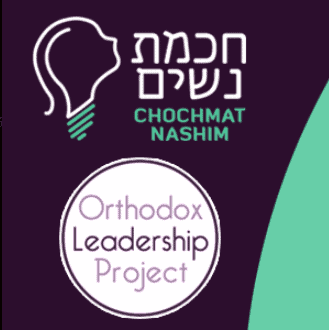With this week’s parasha, we enter Sefer Bamidbar, the Book of the Wilderness. As our parashah opens, the Israelites are poised to set out from Sinai, where they have been encamped for the past year. A journey of no more than eleven days separates them from their entry into the Land of Israel. Sefer Bamidbar is the story of a great test: Can the disparate tribes of Israel put into practice the lessons learned during the revelation at Sinai and the subsequent building of the Mishkan. Can they forge themselves into a nation capable of conquering their ancestral homeland and building a just and lasting society?
We readers know that they will fail the test time and again. The journey of 11 days will become an arduous adventure lasting 40 long years, during which an entire generation is consumed. This tragic outcome is not portrayed as inevitable; rather, it is the result of internal tensions, lack of vision, and above all, a lack of unity.
